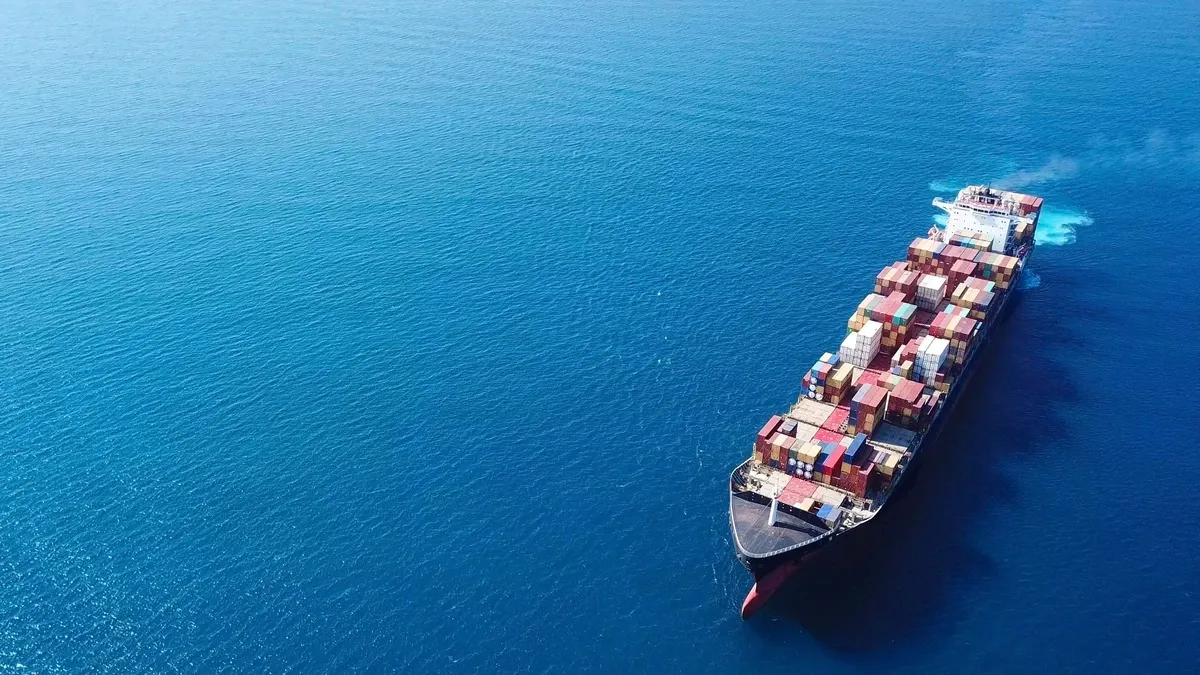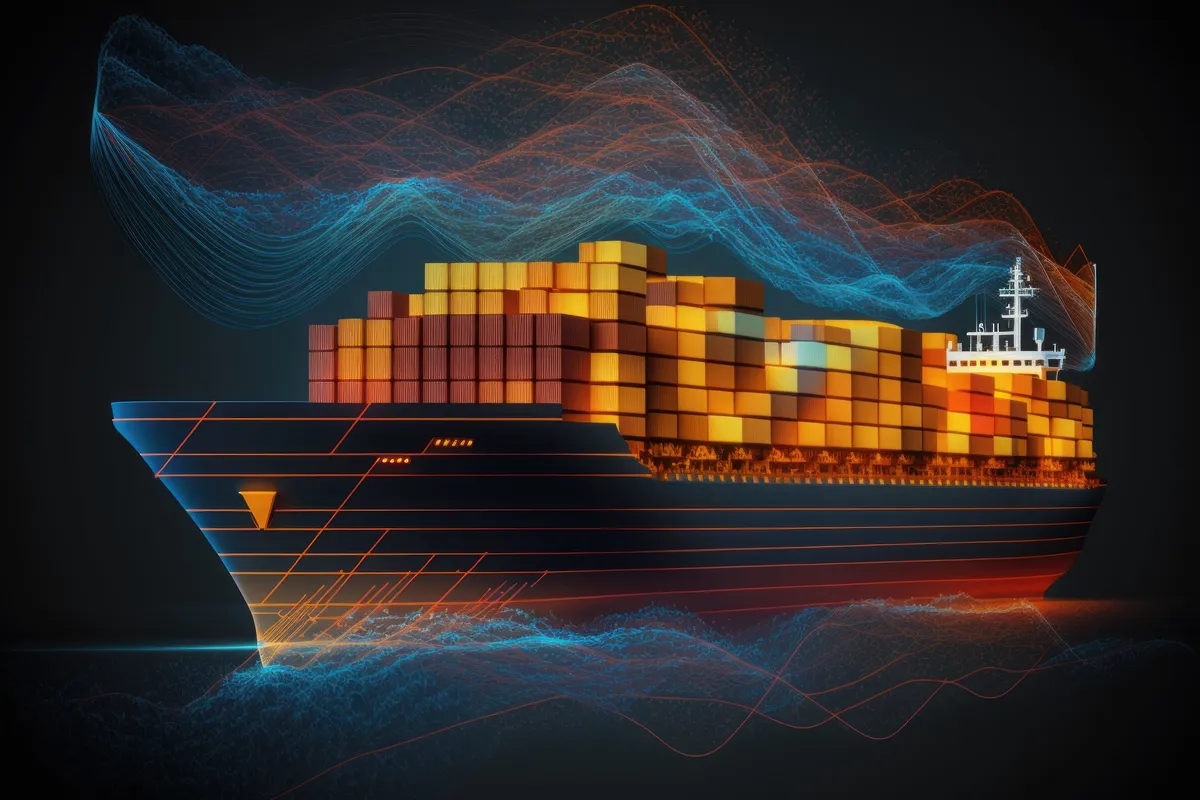The International Maritime Organization has issued resolution MEPC.391(81) with 2024 Guidelines on Life Cycle GHG Intensity of Marine Fuels.
Scope and Purpose: The guidelines aim to provide a structured approach for evaluating the greenhouse gas (GHG) intensity of marine fuels throughout their entire life cycle. This encompasses various stages from the extraction of raw materials to their final use on ships.
Comprehensive Coverage: They apply to all fuels and energy carriers utilized in maritime transport, including traditional fuels like diesel and heavy fuel oil, as well as alternative fuels and electricity for shore power.
Sustainability Integration: An innovative aspect of these guidelines is the incorporation of sustainability themes beyond mere GHG emissions. This broader perspective encompasses environmental and social factors associated with fuel production and utilization.
Fuel Lifecycle Label (FLL): To enhance transparency, the guidelines introduce the concept of an FLL, which provides detailed information about a fuel's characteristics. This includes data on fuel type, feedstock, production processes, GHG emission factors, fuel blends, and sustainability considerations.
Emission Assessment: The guidelines distinguish between three types of GHG emissions: well-to-tank (WtT), tank-to-wake (TtW), and well-to-wake (WtW). By considering emissions across the entire fuel lifecycle, they offer a comprehensive assessment of a fuel's environmental performance.
GHG Consideration: The primary GHGs addressed are carbon dioxide (CO2), methane (CH4), and nitrous oxide (N2O). Emission factors are expressed as CO2-equivalent (CO2eq) using global warming potential (GWP) values over a 100-year time horizon, as per the fifth IPCC Assessment Report.
Exclusions and Appendices: While the guidelines focus on GHG emissions, other pollutants like volatile organic compounds (VOCs), sulphur oxides (SOx), and particulate matter (PM) are not within their scope. The document includes appendices providing additional information, such as fuel lists, default emission factors, and templates for submissions.
Continuous Improvement: Recognizing the evolving nature of environmental challenges, the guidelines will undergo periodic reviews to incorporate lessons learned and emerging best practices. This iterative approach ensures their ongoing relevance and effectiveness in addressing GHG intensity and sustainability in maritime fuel use.
 Marine Regulations NewsEda Zenic
Marine Regulations NewsEda Zenic
For more information, please see the document below (available only to subscribers):
2024 Guidelines on Life Cycle GHG Intensity of Marine Fuels (2024 LCA Guidelines)

Sign up for our newsletter
Your most up-to-date maritime regulations news
It's free. No spam. Cancel anytime.









Related News
Most important regulatory news published in the last week
Jan 21, 2025
Isle of Man: Key changes to marine casualty reporting
Jan 17, 2025
Updated IMO guidelines for GMDSS radio installations on SOLAS ships
Jan 17, 2025